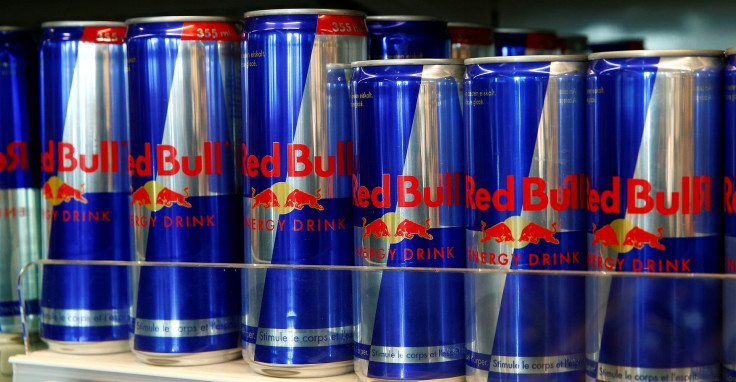Alcohol and energy drink mix might be fatal, new study shows

People who mix alcoholic beverages and highly caffeinated drinks may have increased risk for injury. This is according to a new study from researchers at the University of Victoria's Centre for Addictions Research of BC (CARBC) in Canada.
Lead author Audra Roemer MSc explained that the nature of caffeine as a stimulant may "mask" alcoholic tendencies in drinkers. She said that alcohol consumers normally get tired easily, which prompts them to go home.
However, energy drinks can hide the "tiredness" and have drinkers underestimate their alcohol tolerance. This can motivate drinkers to stay late, drink more alcohol, and increase the likelihood of engaging in risky behaviour.
Roemer and her colleagues have analysed 13 peer-reviewed articles on alcohol and energy drinks published from 1981 to 2016. Ten of them showed evidence that alcohol mixed with energy drinks (AmED) can increase risks of injury.
Their study, published in the Journal of Studies on Alcohol and Drugs, said that AmED use is becoming common in North America. It comes as pre-mixed drinks in liquor stores, or by manual combination. An example is a Red Bull and vodka mix.
According to Eureka Alert, Roemer said parts of her motivation in studying AmED were various researches on alcohol and cocaine. She added that she wondered if energy drinks with alcohol would have the same effect.
"Cocaine is obviously a strong stimulant, and I was curious about lower level stimulants that are more socially acceptable," she said. Roemer added that it was surprising that not a lot of researches were done related to AmED. She said that while their study may determine a connection between increased alcohol intake and risk of injury, they have yet to make a statistical analysis.
She said the study, as referenced above, is the first of three they are planning to publish on AmED and risk of injury. Roemer added their current research has a controlled experiment that aims to look at the AmED-injury risk link more closely.




















